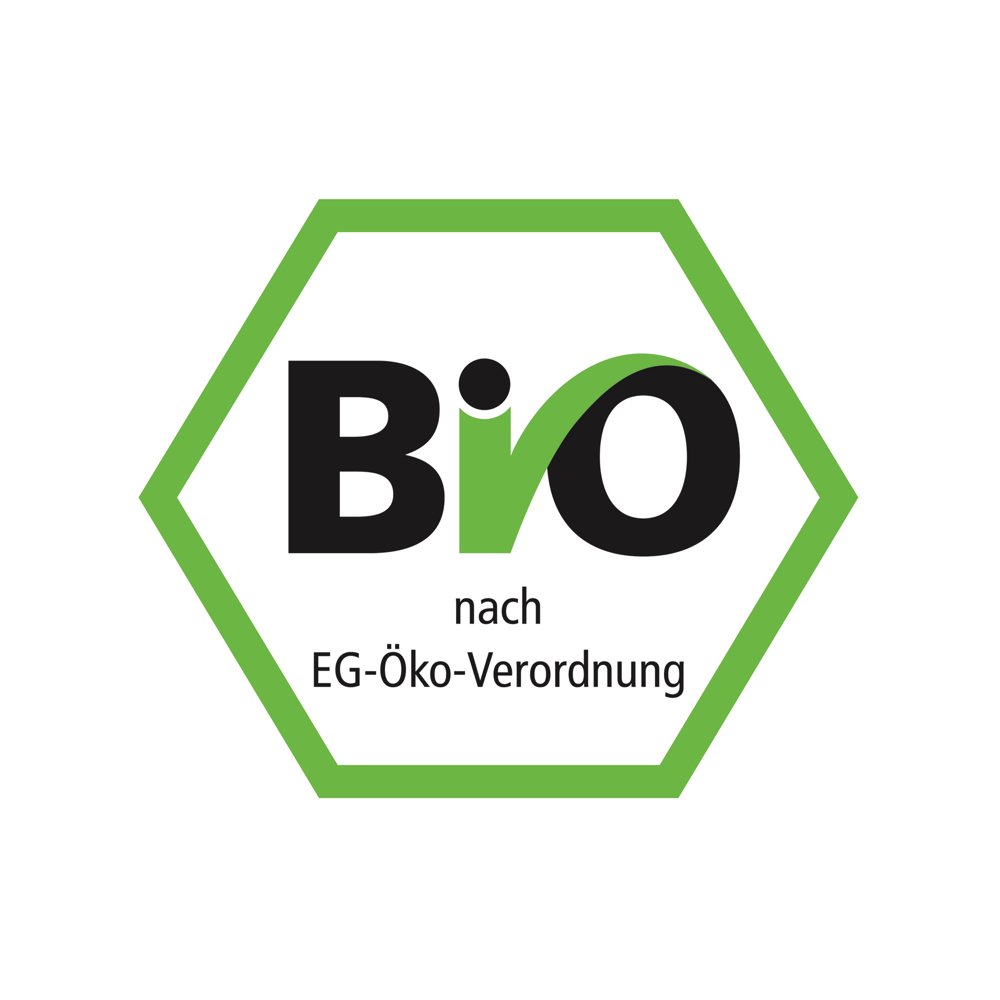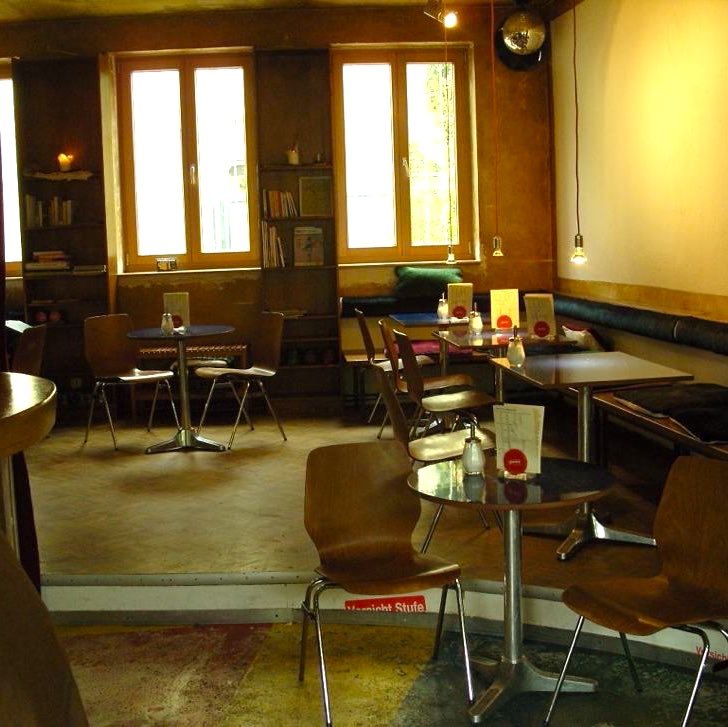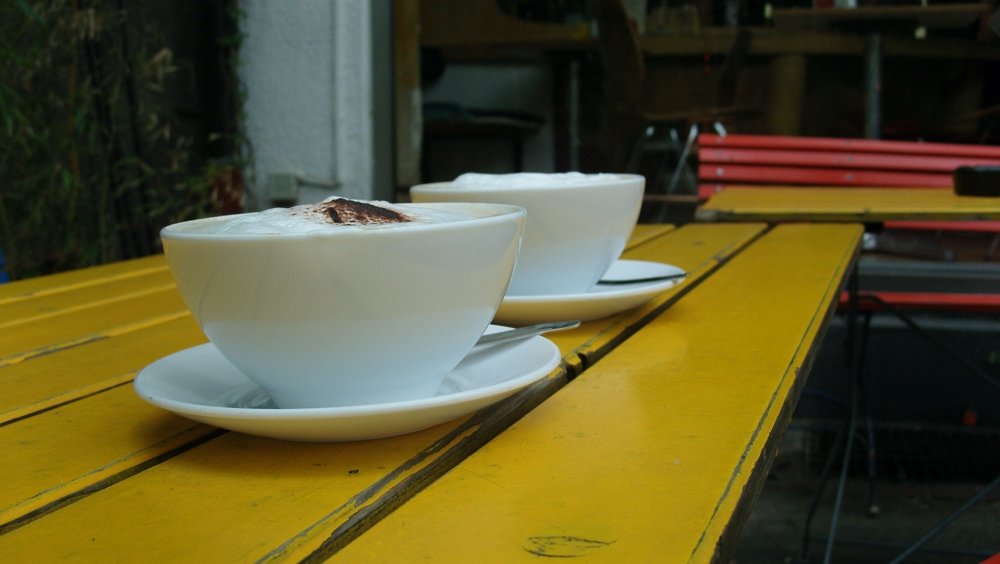Society & Folk
DO & DON'T IN Ruhr

A few aspects of relocating to and living in a foreign country can come as a surprise. There are several do’s and don’ts to consider, so a few important points about living in Germany might be worth considering to avoid offence or a run in with the authorities.
Carrying Identification
Whether or not Germany issues resident foreigners with a document such as a residency card or alien registration certificate, it is a requirement to carry a passport or official identification at all times. Citizens have to be able to produce official identification in all sorts of mundane situations too, such as collecting a package at the post office or when stopped by the police whilst driving. The latter is a situation where being able to show a driver licence is a must. It’s best to play the game even if stop-and-search is rare in Germany.
Birthday congratulations
Superstition prevents Germans from enjoying birthday wishes in advance due to perceived bad luck. Also birthday gifts are not welcomed before the actual day. However, belated congratulations are expected and widely accepted for several days afterwards. One curiosity worthy of mention is, when asked their age, most answer with their years plus one. Instead of saying I am, most respond: I will be, ich werde.
Mothers with prams
It’s customary and expected that the able-bodied assist women in lifting their baby carriages on and off the tram when there are steps. Most just adore the assistance offered and express themselves accordingly.
Time for quiet
Hours of rest are usually from 1 pm till 3 pm and from 10 pm till 7 am from Monday to Saturday plus all day on Sunday. It is prohibited to disturb others through noisy activities such as mowing the lawns, listening to loud music or labouring. Disposal of glass bottles is also frowned upon. Many have ended up in court.
Crossing a red light
It is naturally normal in Germany to obey traffic rules when driving. Surprisingly to expats, pedestrians do not cross a street on a red light either. Even when the street is empty and traffic seems far away or simply is not visible. It is widely regarded as very rude to cross a red light on foot when children are able to watch adults jaywalking. Others will scold offenders and if police are in the vicinity, they will often reprimand and even hand out a fine.
Cyclists in town
Adults on bicycles should stick to the road or dedicated paths. Young children are allowed to ride on the pavement. Some cyclists however, frequently flout the law with impunity, contesting with pedestrians for control of the city’s sidewalks. Remember, Germans tend to walk relatively slowly and pedestrians on shared bike and pedestrian paths have priority. Beware, some manic cyclists behave very dangerously.
Motorway driving
The German motorways, Autobahnen, are famous across the globe for having no speed limit. That is partly a myth, since vast stretches have in fact been regulated for decades. Sometimes, where it is free to speed, a slower driver may remain in the outer lane. It is forbidden to overtake on the inside. Grin and bear it; this is not the US.
Littering spaces
German society took an early stance on recycling, which has also helped prevent discarded rubbish. Apart from smokers and late-night drinkers, people here usually don’t litter. Some exceptions unfortunately include open recreational areas such as the western banks of the Rhine and the faeces that are not cleaned up by a minority of dog owners.
By Vincent Green, Jul 31 2021
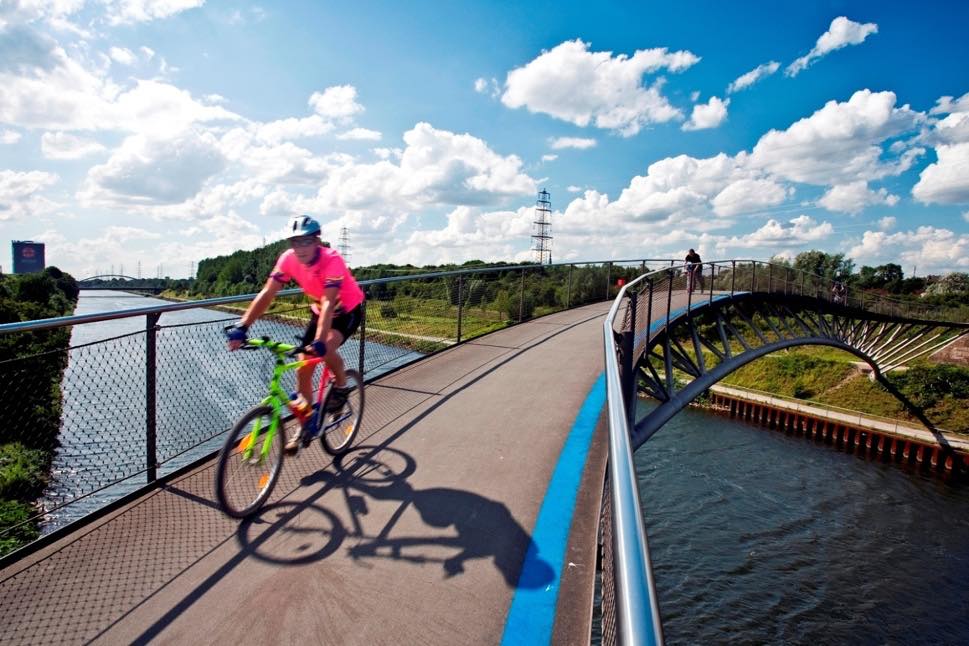
CYCLING IN RUHR
Cycling in the Ruhr Metropolis can be enjoyable and most rewarding. Bike paths criss cross the whole of the region and weave their way across most urban areas. Hop on a bicycle to discover quieter city districts or nearby villages. Try riding along the banks of local rivers, in wilder natural spaces or the open meadows of outlying regions.
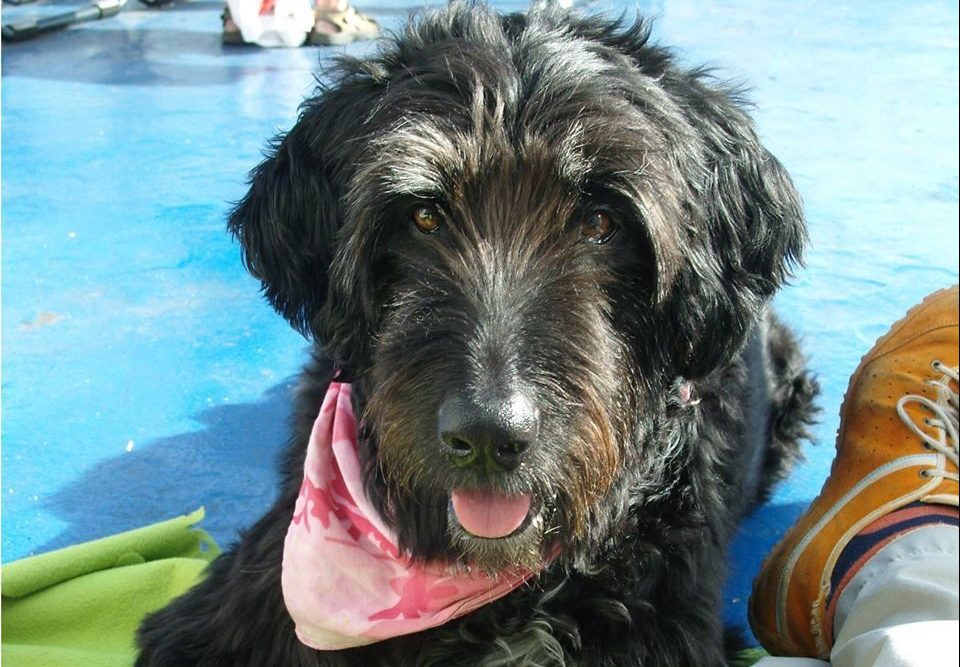
PETS IN RUHR
Germans, on the whole, love and respect pets and are friendly towards dogs. Dogs are permitted on public transport and inside restaurants but keeping a pet on a leash is a must. Dog ownership in the Ruhr Metropolis is highly regulated, while the national is populace is, in general, very dog friendly.

WASTE & RECYCLING
Recycling starts in the home. Aiming to save important resources, the Germans introduced a deposit system very early on. Complex and detailed recycling reflects famously meticulous administrative methods. Coloured bins are available for separation at home and on the streets all across the Ruhr Metropolis.
Socialising in the Ruhr
Staying in touch and getting together with others living in a similar situation can be important. Expat groups in social media are highly valuable sources for connecting. Socialising in the Ruhr Metropolis can include events, international clubs or heading for a popular spot to meet international residents.


